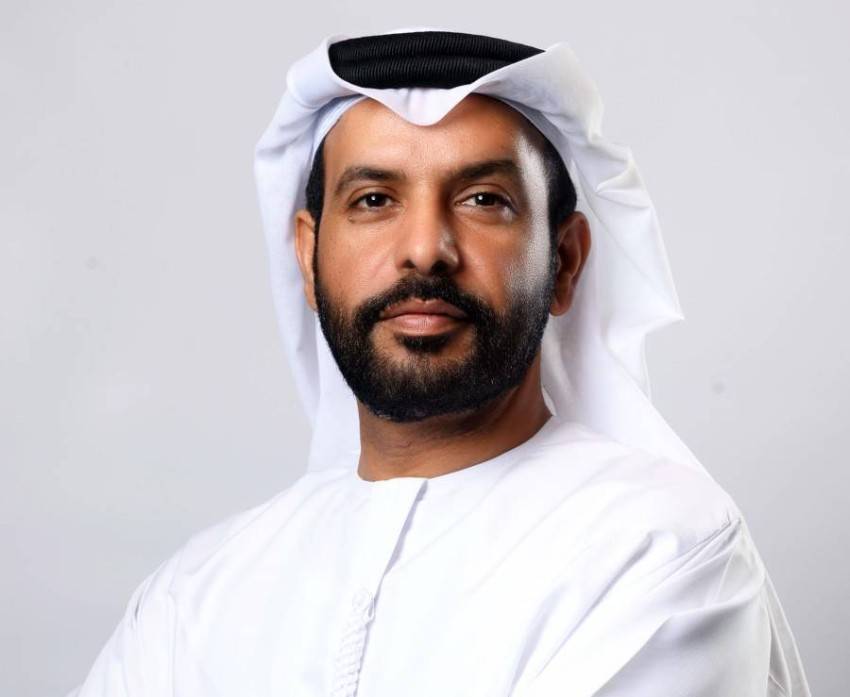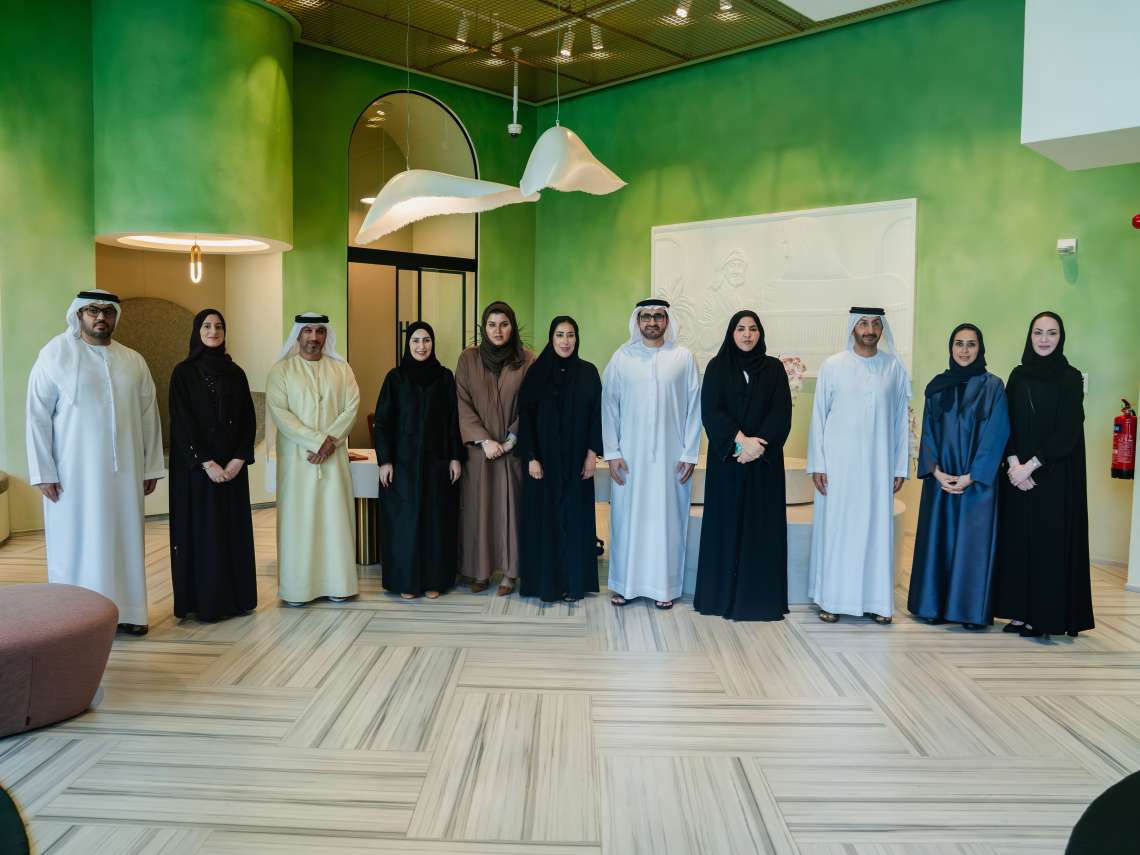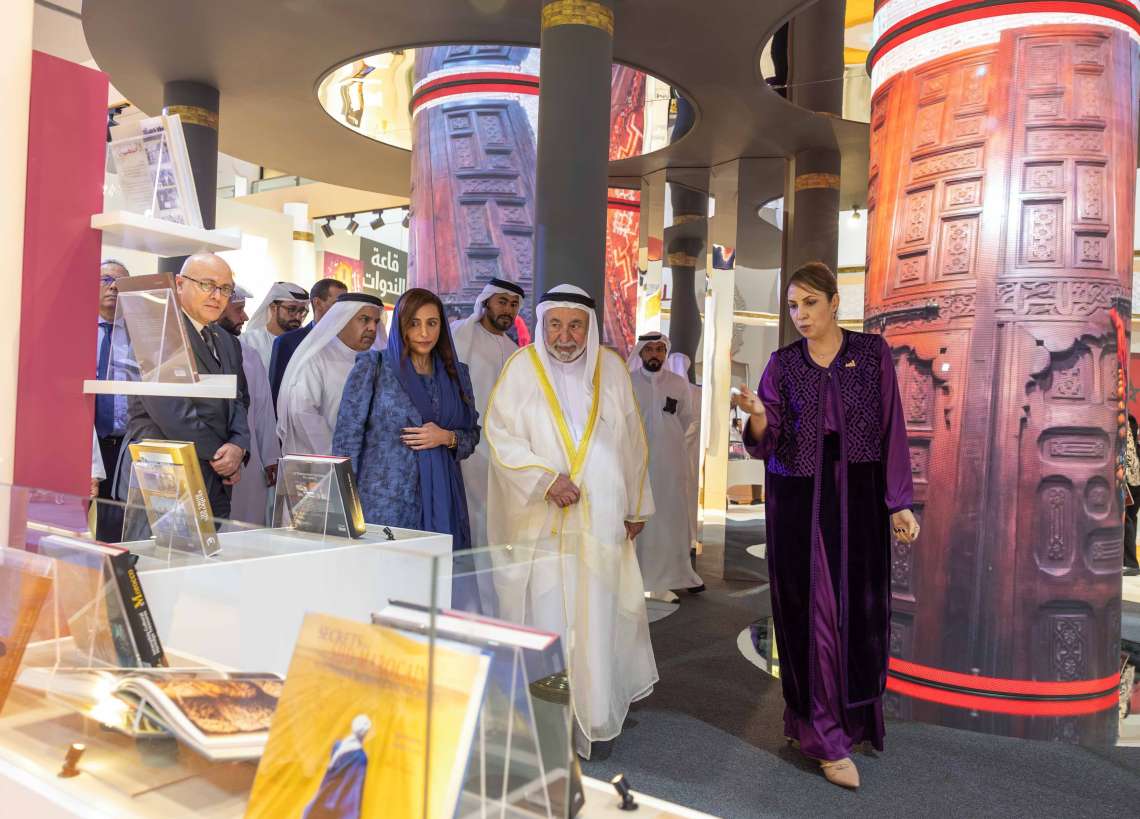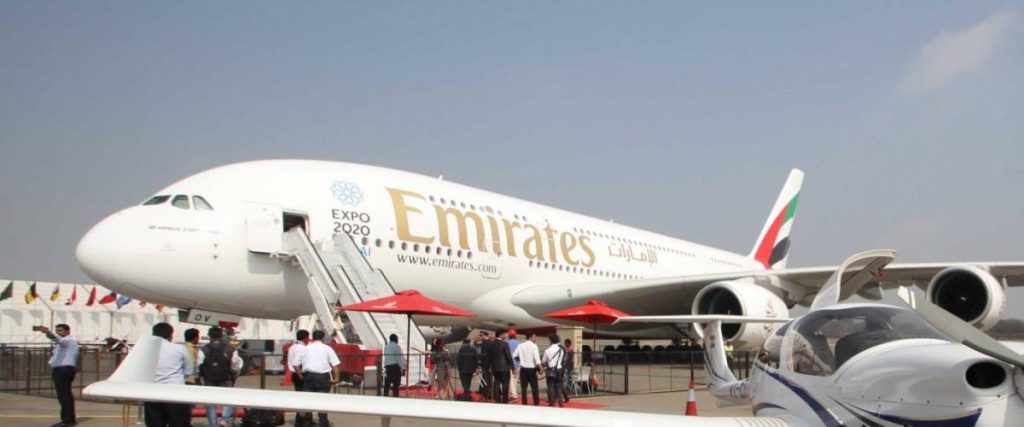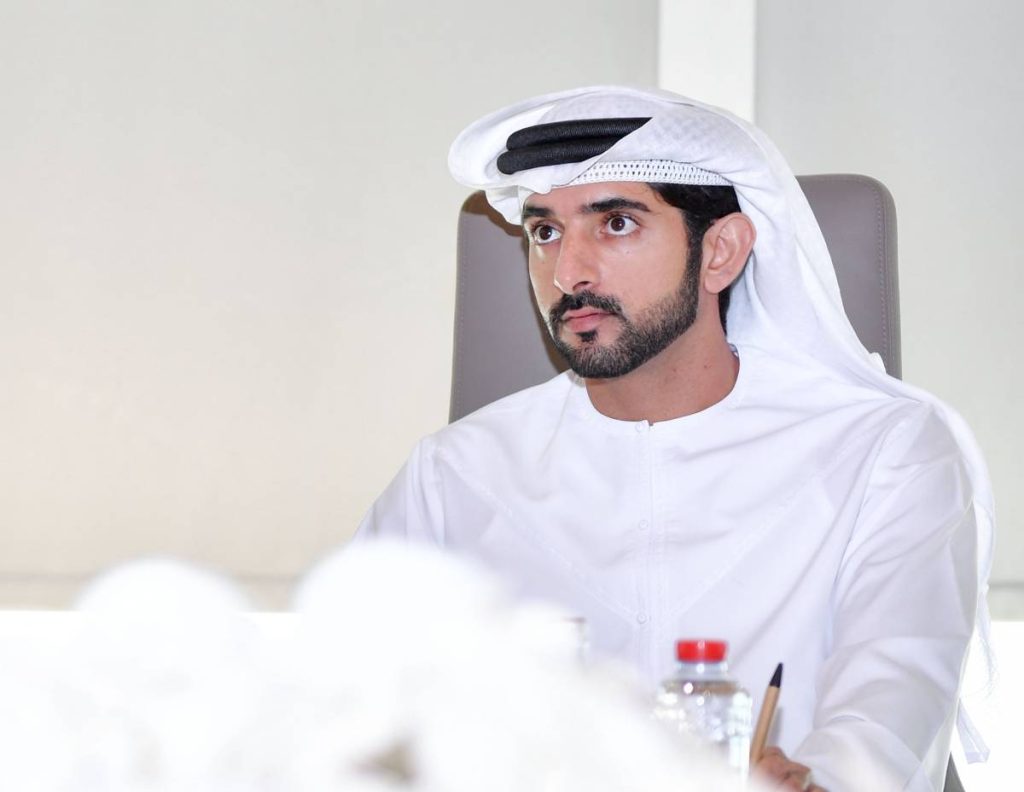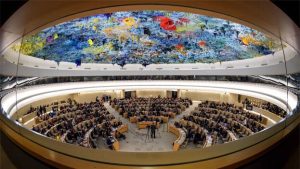Salem Butti Salem Al Qubaisi is appointed as the Director-General of the UAE Space Agency…reports Asian Lite News
President Sheikh Khalifa bin Zayed Al Nahyan has issued a Federal Decree appointing Salem Butti Salem Al Qubaisi, the Director-General of the UAE Space Agency.
The decision comes as part of the efforts taken by the UAE government to promote the performance of government entities and achieve qualitative leaps in the flexibility of their structures and policies, update their strategies and enhance their preparations for the next fifty years.

With his vast experience of more than 20 years in the fields of military aviation and defence in the public and private sectors, Al Qubaisi will lead the efforts of the UAE Space Agency to develop space sciences and associated advanced technologies, establish related regulations and policies, establish bilateral and multilateral international partnerships, as well as promoting national capabilities.
Al Qubaisi holds a Bachelor of Science in Electrical and Electronic Engineering from California State University Sacramento, and a Master of Science in Electrical Engineering from the University of Texas at Arlington.
Last week, the UAE Space Agency had announced the commencement of a new Emirati interplanetary mission, designed to further accelerate nation’s space engineering, scientific research and exploration capabilities and drive innovation and opportunity in the country’s private sector.
The spacecraft will undertake a 3.6 billion-kilometre, five-year journey, which will see it perform gravity assist manoeuvres by orbiting first Venus, then Earth in order to build the velocity required in order to reach the main asteroid belt, located beyond Mars.
ALSO READ: UAE’s aviation activity rose 24.5 percent
Its trajectory around Venus will see it reaching a solar proximity of 109 million kilometres, requiring substantial thermal protection and a furthest distance from the sun of 448 million kilometres, requiring high levels of insulation and spacecraft operation with minimal levels of available solar energy.
Through its journey, it will study seven main belt asteroids. It will be built using the substantial heritage and intellectual property (IP) acquired during the development of the Emirates Mars Mission and its Hope Probe, currently orbiting Mars and gathering unique data on Mars’ atmospheric composition and interactions.

